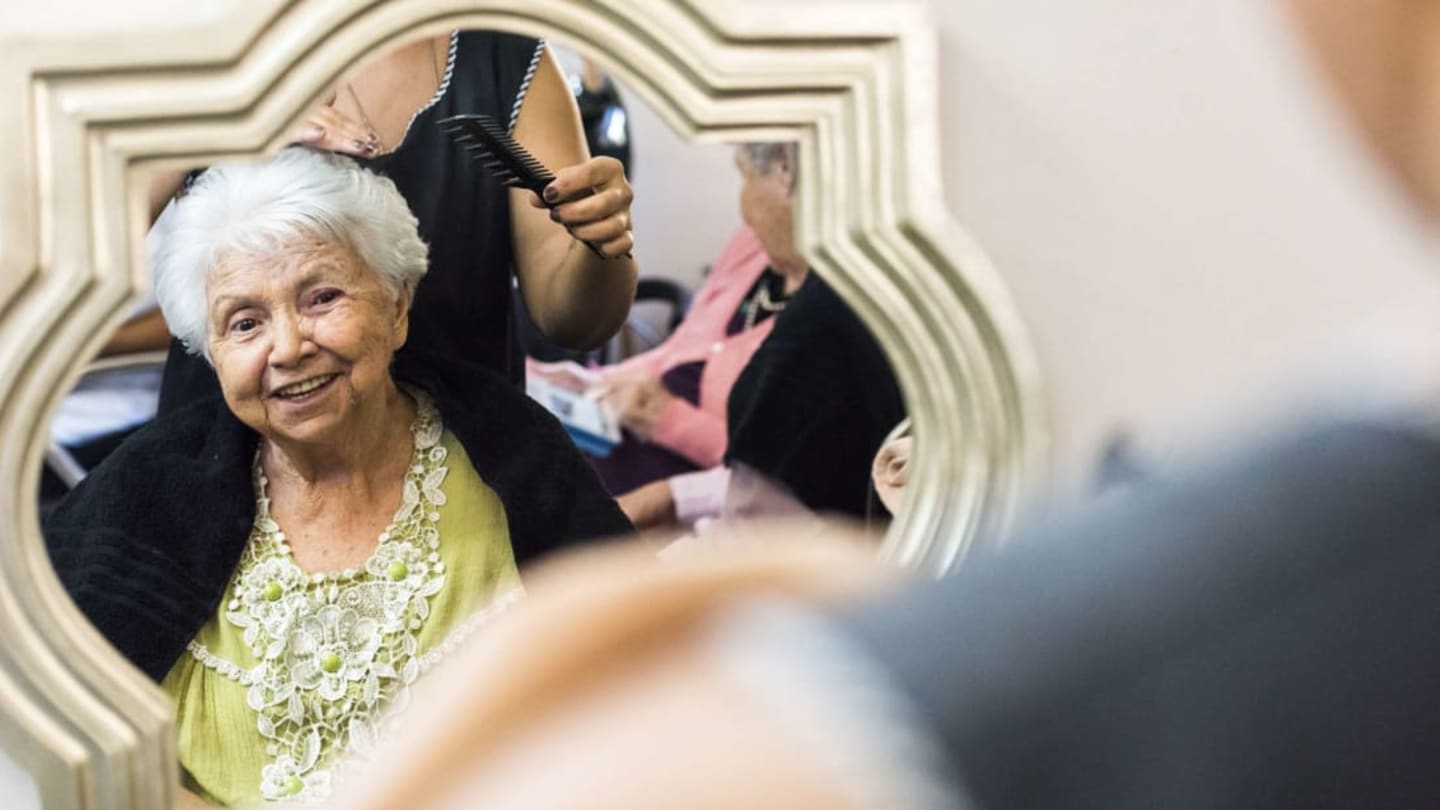- Joined
- Aug 20, 2017
- Messages
- 8,319
- Reaction score
- 24,020
According to Codega (who I think has been pretty much 100% accurate) it was the D&D Beyond Cancellations that caused panic in the higher ups.Williams was probably like “what’s this OGL thing you guys keep talking about deauthorizing?” when they were going over the planning of 6E. Cocks was probably like “it’s something that has to go to get where we wanna go with the VTT” and then she signed off on it. Then we get the fallout and she probably told him “whatever this OGL thing is, work around it. Just stop the backlash.” Then he sends out Brinks, someone we’ve never heard of before to answer to the fallout.







 ...
...  ) and I don't know how much time does one (team) need for assembling an AFS - six months ? A year ?
) and I don't know how much time does one (team) need for assembling an AFS - six months ? A year ?